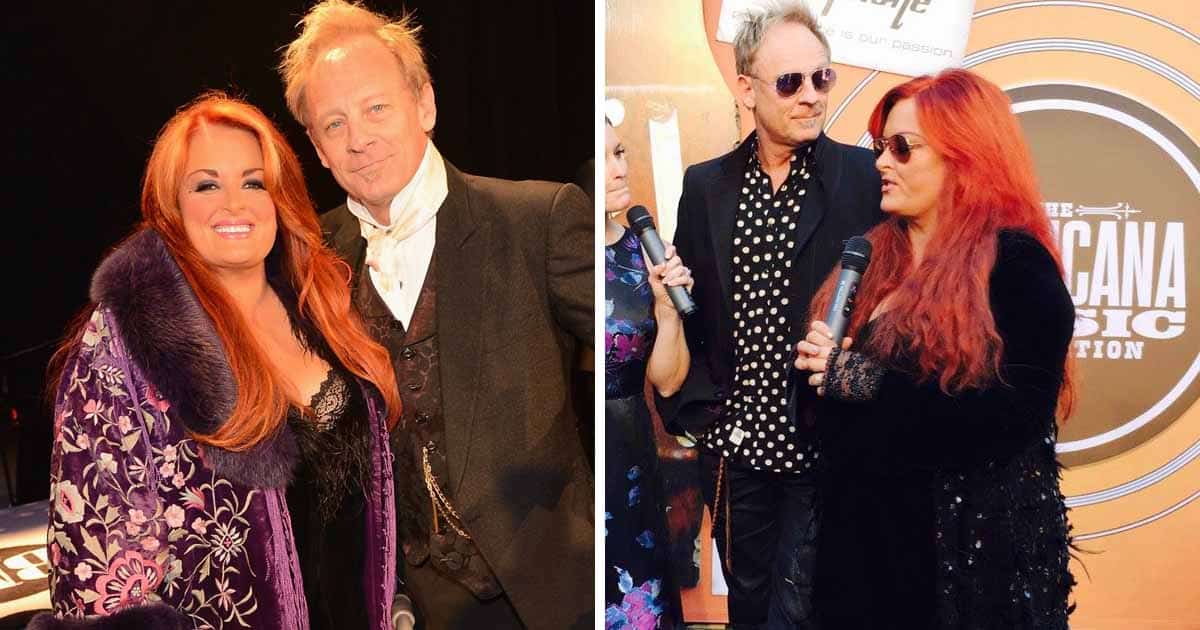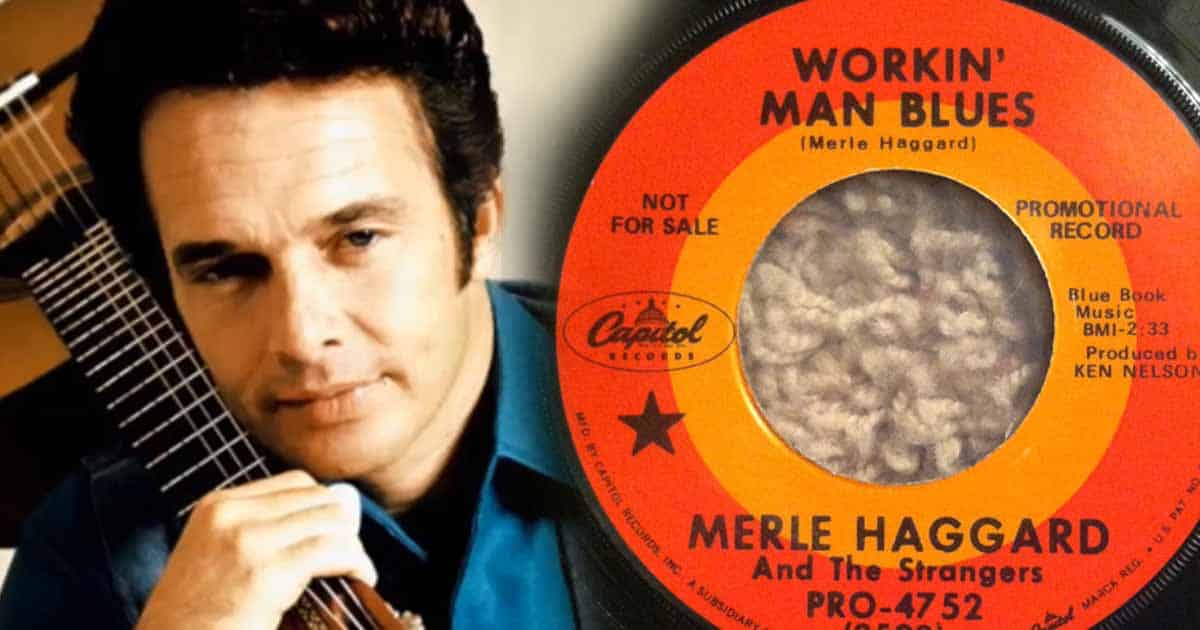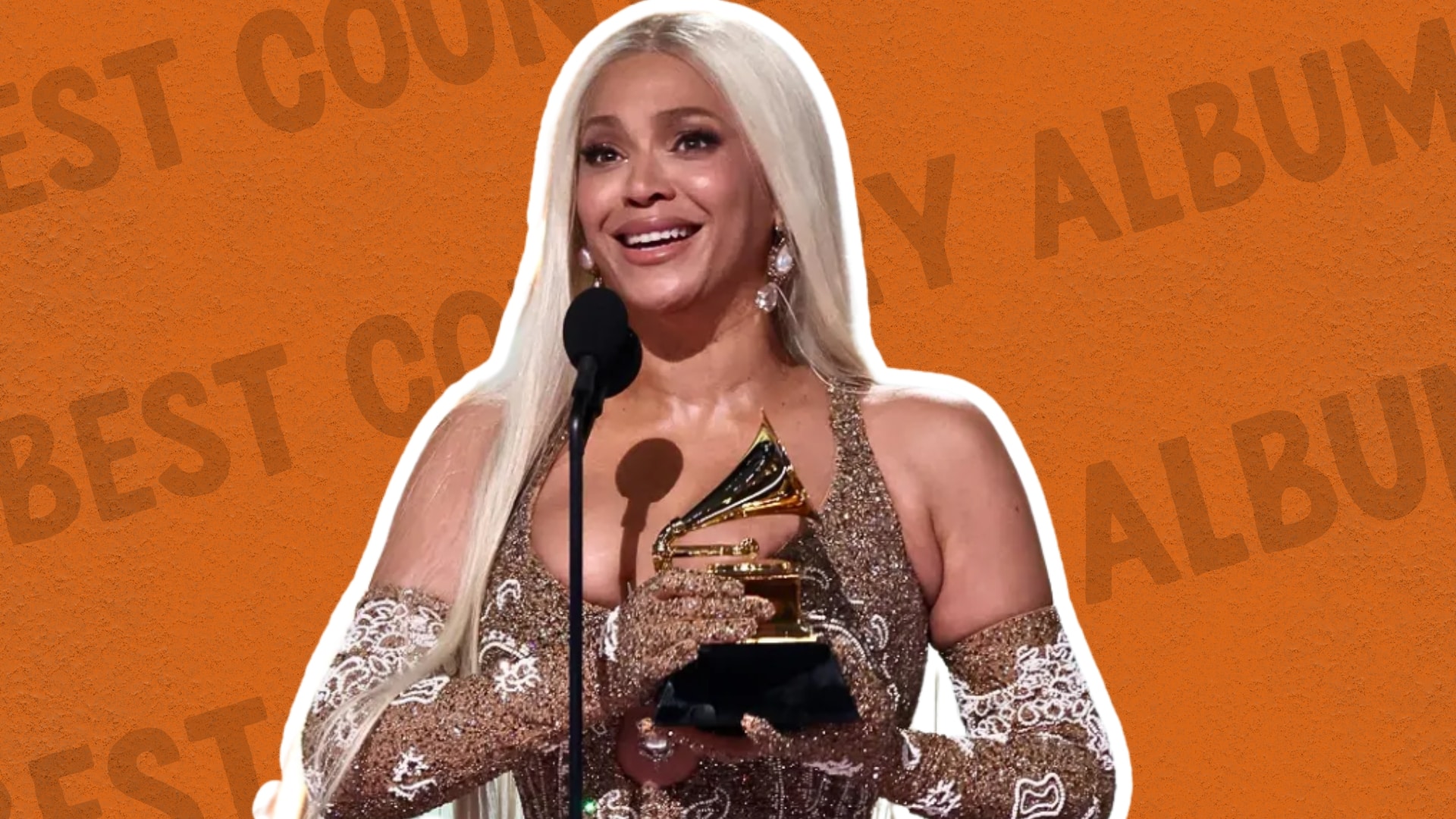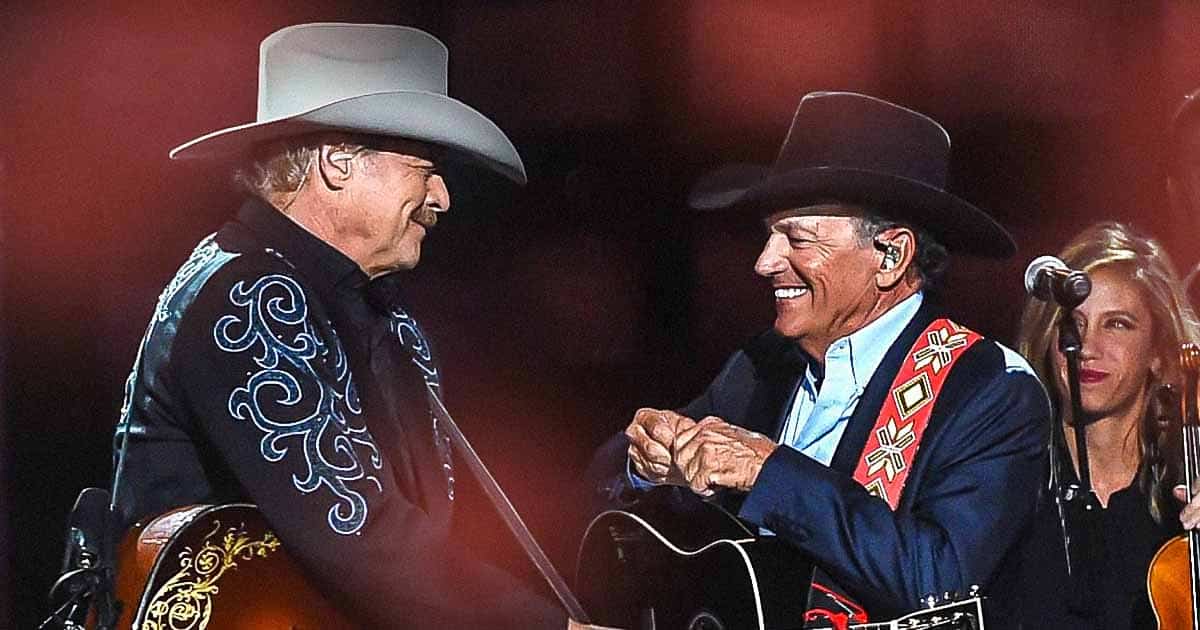Beyoncé made history at the 2025 Grammy Awards, becoming the first Black woman to win Best Country Album for Cowboy Carter. On paper, it was a landmark moment—one the media quickly celebrated as a win for diversity in country music.
But beyond the headlines, one question lingers: Did Grammy voters actually believe Cowboy Carter was the best country album of the year, or was this another industry-manufactured moment?
A “Country” Album That Beyoncé Herself Disputed
Let’s start with the most obvious contradiction—Beyoncé herself doesn’t even call this a country album. Leading up to the Grammys, she made it clear:
“This ain’t a country album.”
Instead, Cowboy Carter was framed as a genre-blending statement piece, complete with a fictional KNTRY Radio Texas concept, collaborations with country legends like Dolly Parton and Willie Nelson, and production that mixed banjos and fiddles with pop, hip-hop, and R&B influences.
That’s all good—country music has evolved, and blending influences isn’t inherently bad. But Best Country Album isn’t supposed to go to an album that “ain’t a country album.”
If Beyoncé herself doesn’t define Cowboy Carter as country, why did Grammy voters?
A Win That Feels More Political Than Musical
It’s no secret that the Grammys have long been criticized for their treatment of Black artists, often overlooking them in major categories while conveniently using their wins in other genres to deflect accusations of bias.
Beyoncé has been at the center of this controversy for years—despite being the most awarded artist in Grammy history, she’s been repeatedly snubbed for Album of the Year, losing to artists like Taylor Swift, Harry Styles, and Adele.
So when Cowboy Carter entered the country categories, Grammy voters suddenly had a “safe” way to give Beyoncé a major win without upsetting the pop world’s power players.
Was it about honoring the best country album or making up for years of perceived wrongs?
What About the Albums That Were Actually Country?
If Grammy voters had focused on music, not politics, other nominees would have been frontrunners for the win.
Chris Stapleton’s Higher – A stunning blend of blues, soul, and classic country, Stapleton continues to define modern country music and could have easily been the obvious choice.
Kacey Musgraves’ Deeper Well – While a softer, folk-inspired effort, Musgraves is a known quantity in country and has won this exact award before.
Lainey Wilson’s Whirlwind—A rising star in mainstream country, Wilson has proven her staying power and actually makes music that country radio embraces.
Instead of awarding one of these genre-defining country artists, Grammy voters handed the trophy to someone who will likely never make another country album again.
Did Grammy Voters Feel They Had a Choice?
In today’s climate, voting against Beyoncé in this category likely felt impossible for many Grammy members.
The industry has spent the last year pushing the narrative that Cowboy Carter was a groundbreaking moment for country music—despite the chart numbers telling a different story.
The album debuted strong but fell to No. 50 on the Billboard 200 in 13 weeks.
Within 28 weeks, it disappeared from the chart entirely.
Compared to albums from artists like Zach Bryan or Morgan Wallen, it had nowhere near the same long-term listener engagement.
If country music fans embraced this album, wouldn’t it still be charting?
Grammy voters weren’t casting a vote based on country impact. They were casting a vote for a moment that they knew would be praised by media outlets, social justice activists, and industry elites.
And that’s the real problem.
A Win That Doesn’t Help Country Music Move Forward
Beyoncé winning Best Country Album doesn’t actually do anything for country music.
If the industry truly cared about diversity, the conversation would be about supporting Black country artists who are actually part of the genre, like:
Brittney Spencer – A rising talent who has fully committed to the country space.
Chapel Hart – A group that Nashville has largely ignored despite their talent and viral success.
Reyna Roberts – A country artist who has put in the work but isn’t getting the same industry backing.
The real work of diversifying country music isn’t handing Beyoncé a trophy for a one-off country album—it’s investing in artists who actually want to build careers in the genre.
Instead, this Grammy win reinforces a different message: A major pop star can drop into country, take the biggest prize, and leave.
What happens next year? And the year after that? Will another pop star swoop in, claim country music for a news cycle, and disappear when the trend fades?
Meanwhile, actual country artists—the ones who dedicate their entire lives to this music—are left in the shadows.
Did Grammy voters actually believe Cowboy Carter was the best country album? No.
They knew exactly what they were doing. They voted for a moment, not the music.
While the industry celebrates, country fans are left wondering: If country music no longer belongs to country artists, what’s left?


















